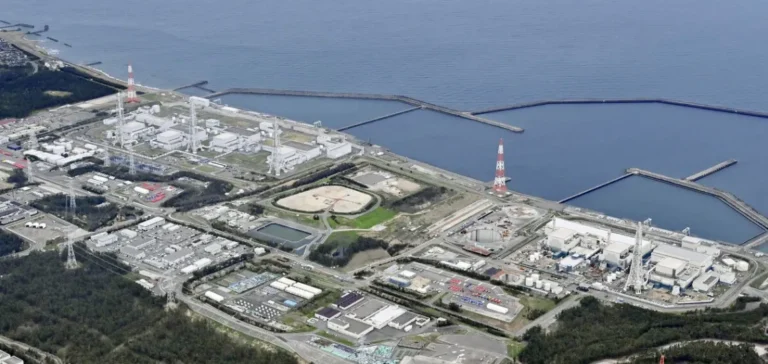Tokyo Electric Power Company Holdings Inc (Tepco) has informed the Niigata Prefectural Assembly that it is considering the decommissioning of units 1 and 2 at the Kashiwazaki-Kariwa nuclear power plant, Japan’s largest, with seven reactors. The decision, still under review, will depend on its impact on overall business management, particularly the conditions for restarting unit 6, as well as the approval and cooperation of stakeholders.
Ageing reactors face economic constraints
Units 1 and 2, commissioned in February 1985 and February 1990 respectively, are 1,067 MW boiling water reactors. Despite their proven resilience to earthquakes – including the 2007 Niigata-Chuetsu earthquake and the March 2011 disaster – these reactors have been offline for several years. All reactors at the site have remained inactive since the Fukushima Daiichi accident in 2011, although Kashiwazaki-Kariwa itself did not sustain direct damage.
Strategic focus on restarting unit 6
Tepco is now focusing on restarting units 6 and 7. Fuel loading at unit 6 was completed in June, and operation could continue until September 2029, provided anti-terrorism safety measures are implemented by then. However, consent from the Niigata prefectural government is still required. Restarting the two units could generate approximately JPY100bn ($670mn) in additional annual revenue for the company.
Local pressure and regulatory timeline
In June 2017, the mayor of Kashiwazaki requested Tepco to submit a decommissioning plan for at least one of the site’s first five reactors as a condition for approving the restart of units 6 and 7. Two years later, in August 2019, Tepco submitted a report outlining a basic policy for restart and decommissioning, without specifying a timeline. At that time, the company stated it could not ensure the availability of sufficient non-fossil fuel power sources to meet long-term demand.
According to the policy, once units 6 and 7 are restarted, the shutdown of one or more of reactors 1 to 5 would be considered within five years, depending on the availability of alternative power generation capacity.






















